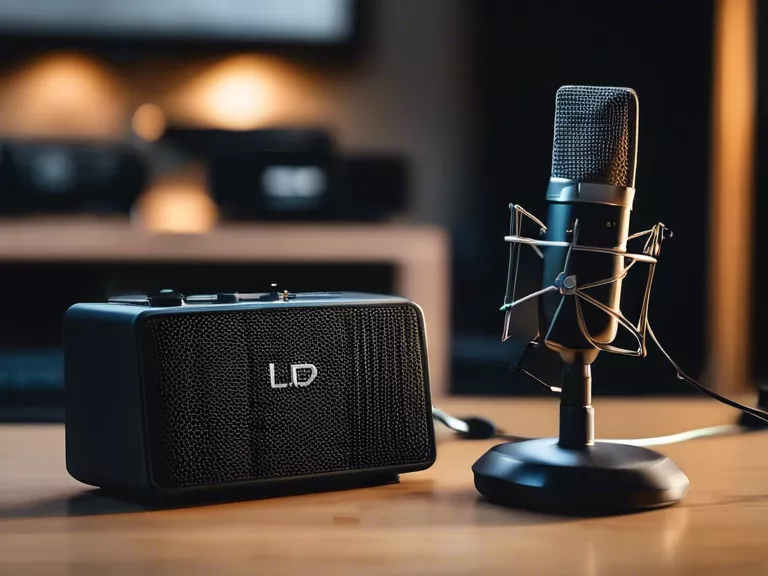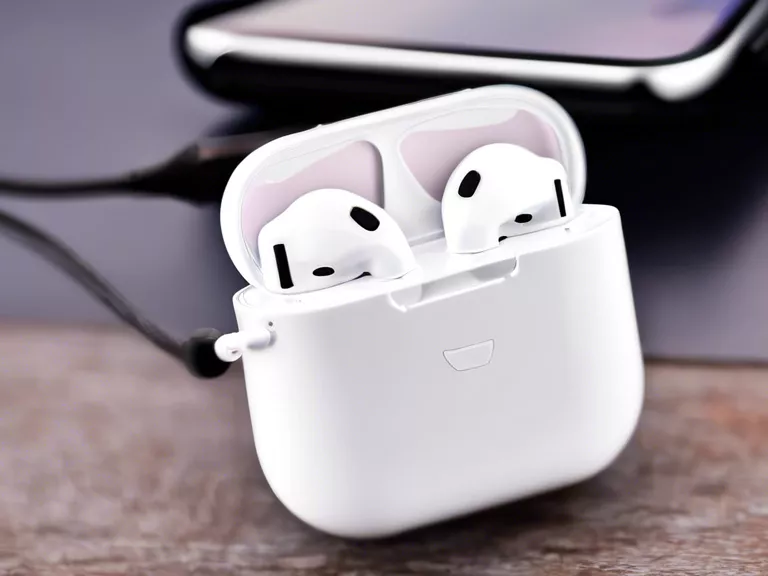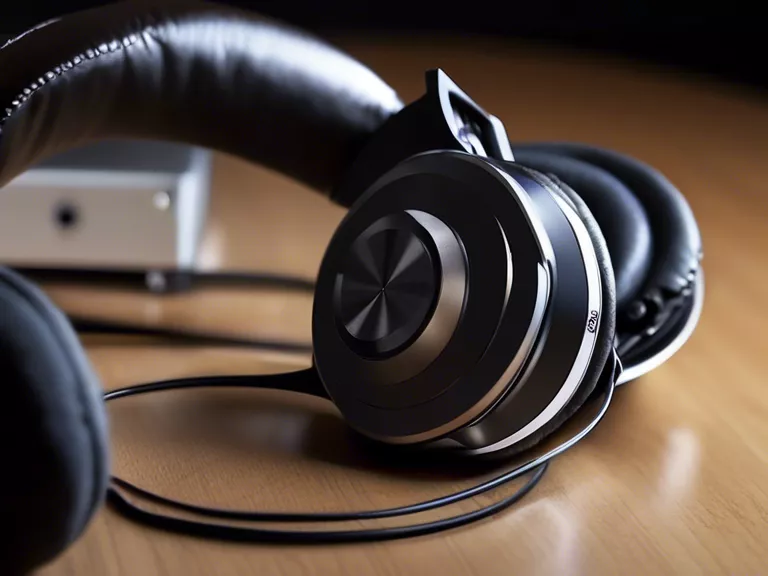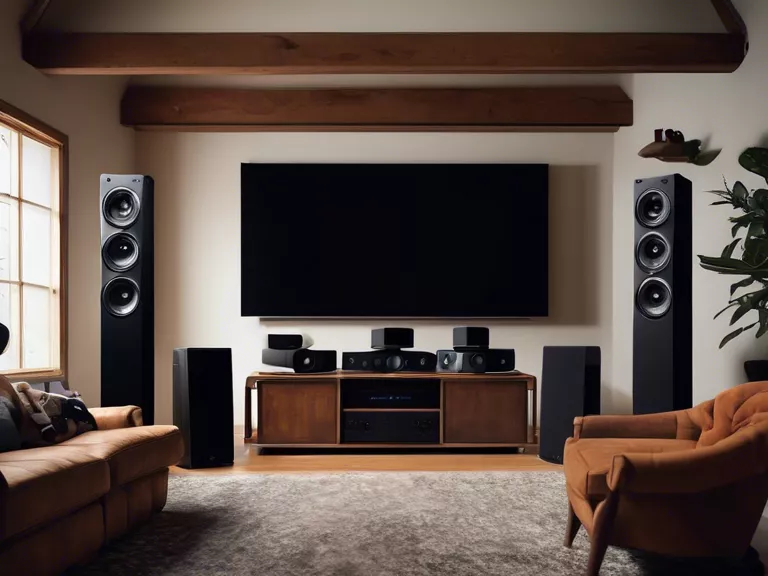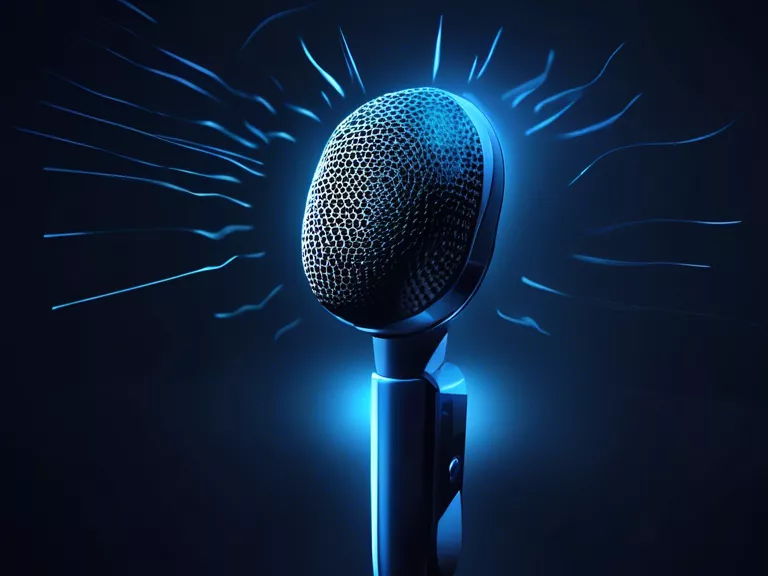
With the rapid advancements in voice recognition technology, audio devices are evolving to provide more seamless and intuitive user experiences. From smart speakers to headphones, the integration of voice assistants like Amazon's Alexa and Google Assistant is changing the way we interact with our devices. This revolution in audio technology is not only making our lives easier and more convenient but also opening up new possibilities for how we engage with our devices.
One of the most significant ways in which audio devices are evolving with voice recognition technology is through improved accuracy and performance. Voice assistants are becoming more adept at understanding natural language and responding to our commands with greater precision. This allows users to control their devices with voice commands more effectively, whether it's playing music, setting reminders, or even controlling smart home devices.
Another key advancement in audio devices is the integration of multiple voice assistants into a single device. This enables users to choose their preferred voice assistant and seamlessly switch between them depending on their needs. For instance, a smart speaker may support both Alexa and Google Assistant, giving users the flexibility to use the voice assistant they are most comfortable with.
Furthermore, voice recognition technology is also enabling audio devices to become more personalized and adaptive to individual users. By recognizing different voices and preferences, these devices can provide tailored recommendations, reminders, and even adjust settings based on the user's habits and preferences.
In conclusion, the evolution of audio devices with advancements in voice recognition technology is transforming the way we interact with our devices. From improved accuracy and performance to personalized experiences, voice assistants are enhancing the functionality and usability of audio devices across the board.
